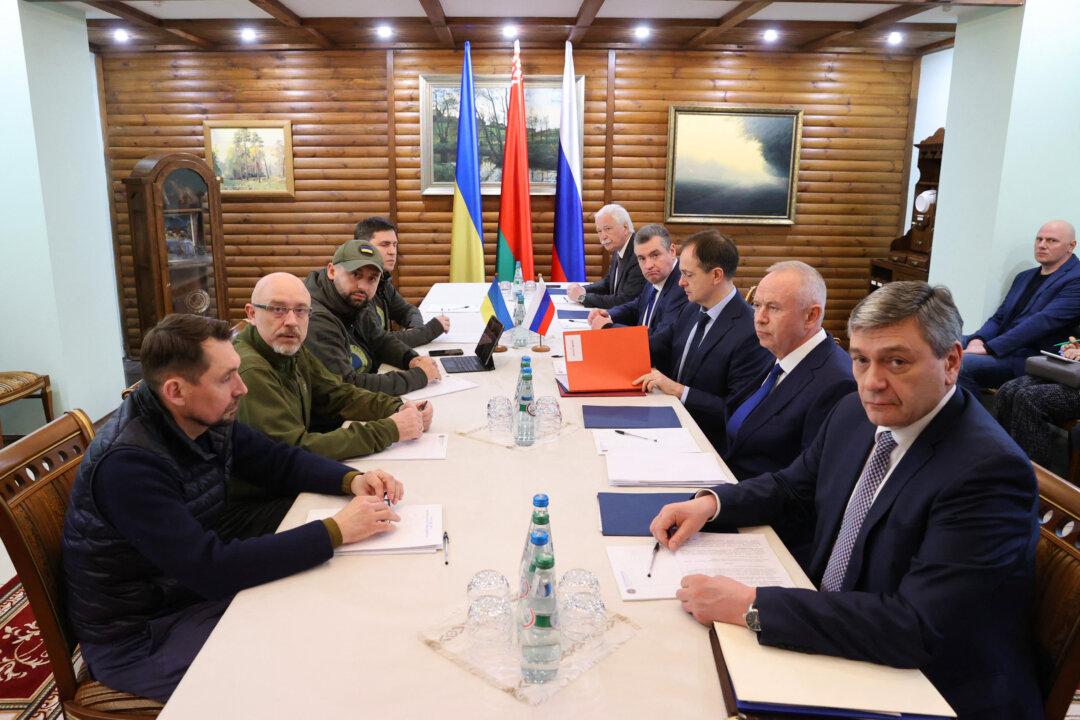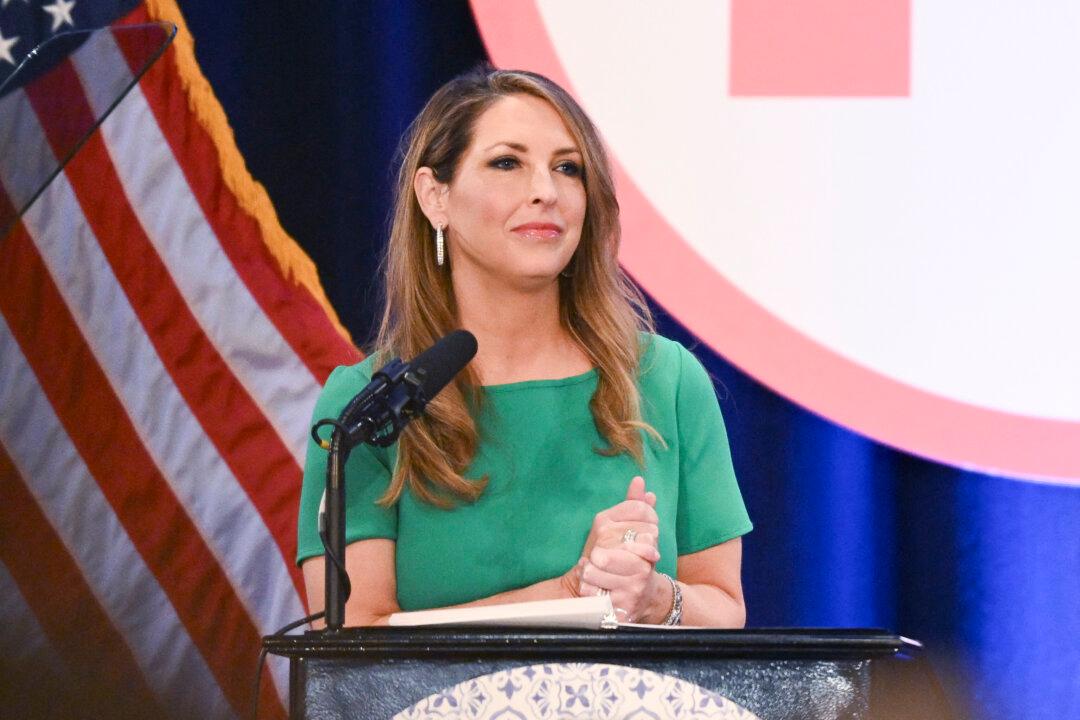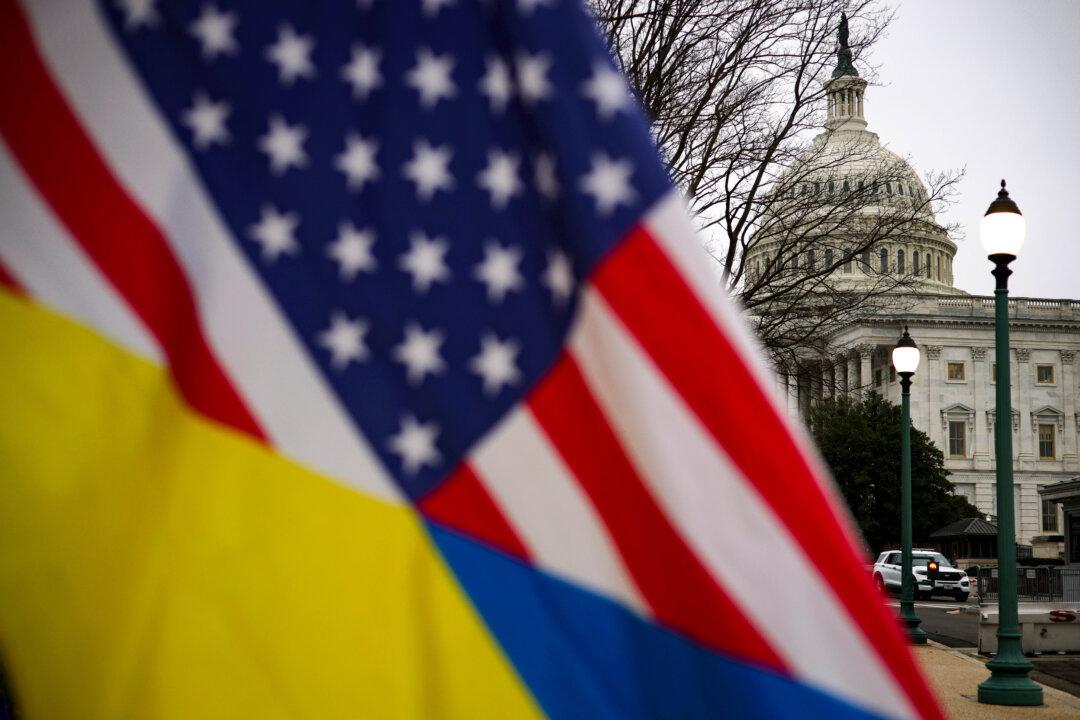Ukraine and Russia appear to have found some common ground amid ceasefire talks, according to information released from both sides.
“The only thing we confirm at this stage is a ceasefire, withdrawal of Russian troops and security guarantees from a number of countries,” Mykhailo Podoliyak, adviser to Ukrainian President Volodymyr Zelensky, wrote in a Twitter post.





